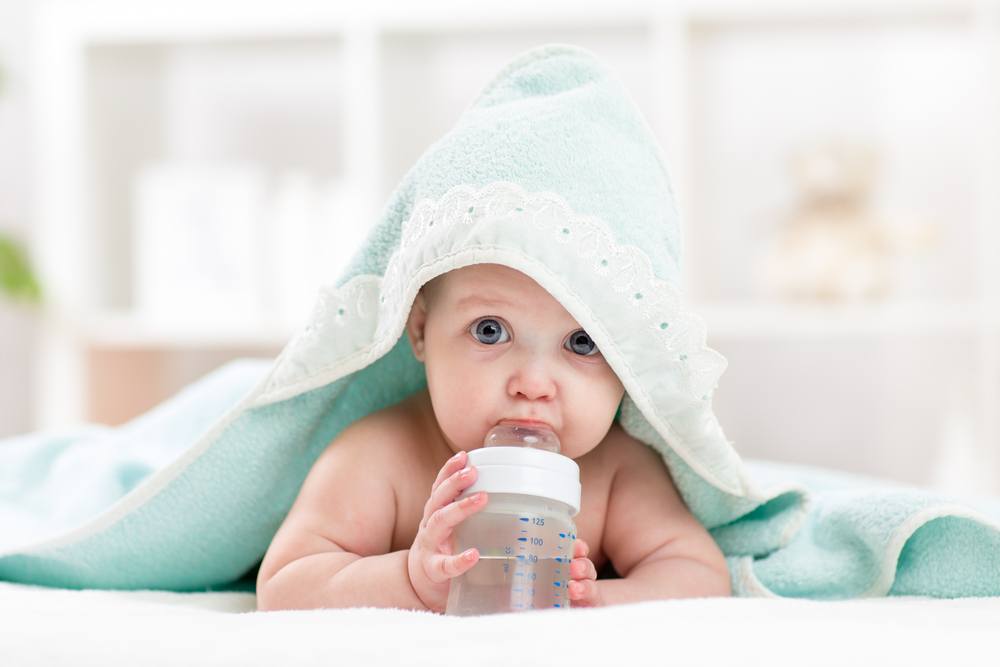Diaper rash, soaps, detergents, lotions, perfumes, strong adhesives, poison ivy, rubber, and cosmetics are some of the causes for contact dermatitis in babies.
Ever used a new type of skincare product or detergent, only to have your skin become red and irritated? This is contact dermatitis. Contact dermatitis is a skin reaction from contact with certain substances. Contact dermatitis is a rash that occurs at the site of exposure to a substance that inflames the skin. The substances may be:
- These cause direct irritation and inflammation of the skin. They are the most common cause of contact dermatitis.
- These cause the body’s immune system to have an allergic reaction. The body releases defense chemicals that cause skin symptoms. Allergens are a less common cause of contact dermatitis.
Must Know Things about Contact Dermatitis in Babies
Causes of contact dermatitis in babies
Common irritants that can cause contact dermatitis in babies:
The most common irritants that cause contact dermatitis in babies is diaper rash. When natural chemicals in the urine and stool of the baby react, there will be a skin reaction. Some other causes include:
- Soaps and detergents
- Spit (saliva)
- Lotions and perfumes
Common allergens that can cause contact dermatitis in babies:
- Poison ivy, oak, and sumac. These are plants with oil that causes skin allergies.
- These include nickel, chrome, and mercury.
- Latex is found in products such as rubber toys, balloons, balls, rubber gloves, and pacifiers or nipples. It may also be used in bandage adhesive.
- Cosmetics: Products include dyes used in hair color, clothing, perfumes, eye shadow, nail polish, lipstick, and some sunscreens.
- Medicine: Some kinds of antibiotic cream and a local anesthetic.
- Strong adhesives
Symptoms of contact dermatitis in babies
Contact dermatitis symptoms depend on the cause and how sensitive you are to the substance.
Symptoms associated with allergic contact dermatitis include:
- dry, scaly, flaky skin
- oozing blisters
- skin redness
- skin that appears darkened or leathery and feels stiff or tight
- extreme itching
- sun sensitivity
- swelling, especially in the eyes, face, or groin areas
- skin that burns
Irritant contact dermatitis may cause slightly different symptoms, such as:
- blistering
- cracking skin due to extreme dryness
- swelling
- ulcerations
- open sores that form crusts
Diagnosis
The doctor will ask about the child’s symptoms and previous health history. Based on that he/she will give your child a skin exam. Also, the doctor may ask for any recent contact with allergens or irritants. After confirming the cause, the doctor will prescribe the required treatment.
Prevention and Treatment
Most cases of contact dermatitis go away on its own, once the substance is no longer in contact with the skin. Here are some tips you can try at home:
- Avoid scratching your irritated skin. Scratching can make the irritation worse or even cause a skin infection that requires antibiotics.
- Clean your skin with mild soap and lukewarm water to remove any irritants.
- Stop using any products you think might be causing the problem.
- Apply bland petroleum jelly like response vaseline to soothe the area.
- Try using anti-itch treatments.
- If needed, take an antihistamine drug to cut down on itching and to reduce your allergic
- Using wet, cold cloths (compresses) on the skin. This is to help lessen symptoms and relieve inflammation.
- Using wet dressings for oozing areas. They may help decrease itching and improve healing. Ask your child’s healthcare provider or nurse for instructions.
- For severe reactions, always contact your child’s doctor.
The best treatment is to identify and avoid the substances that may have caused the allergic contact dermatitis. The rash could heal on its own within a few weeks when once the irritant or allergen has been removed. However, if your child is experiencing discomfort the doctor will be able to prescribe hydrocortisone cream (assuming that this isn’t an allergen for your child) to bring the rash under control and stop the itching more quickly.













